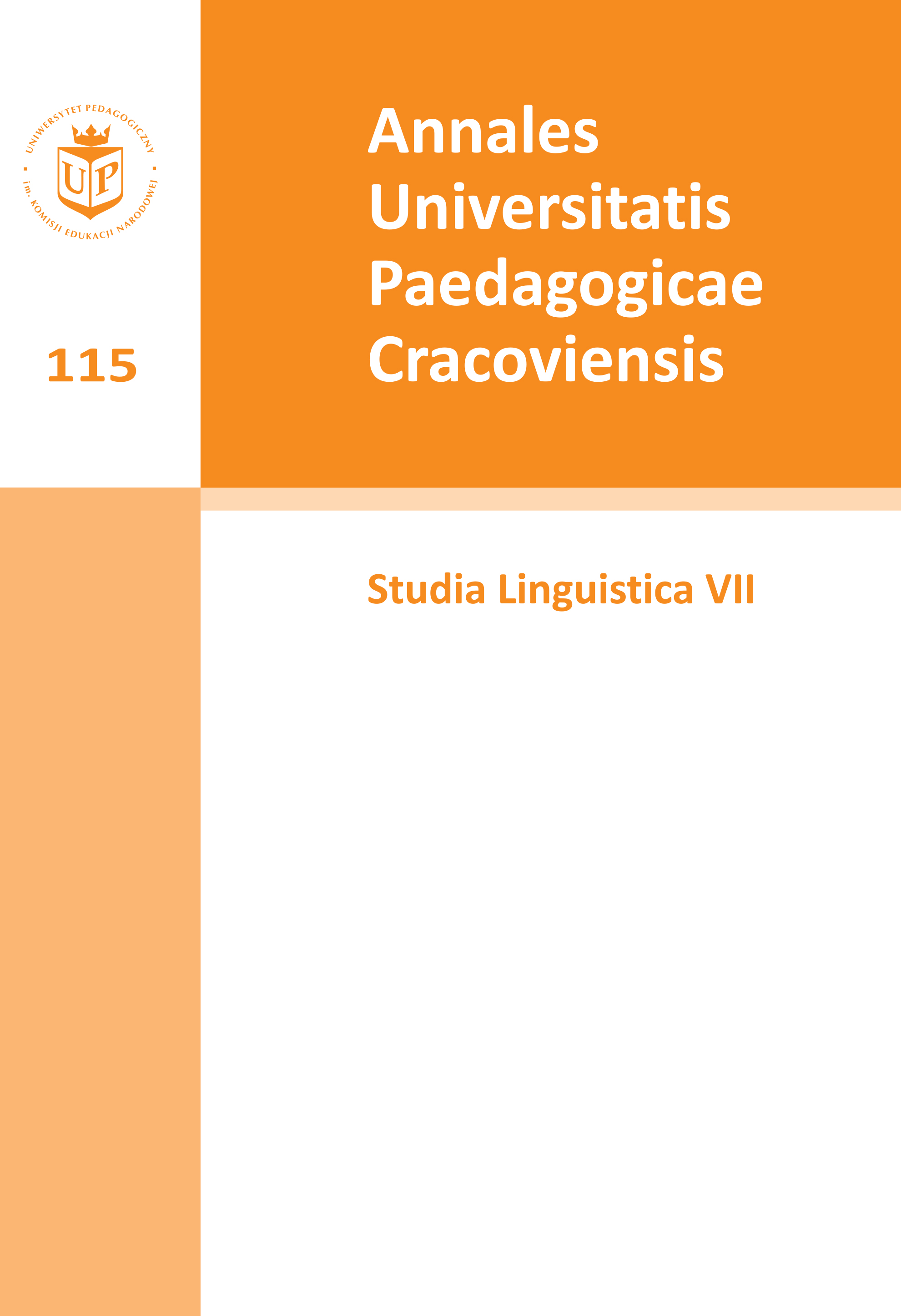„Norwida wywyższenie tradycji” 1 a jej postmodernistyczna relatywizacja
Main Article Content
Abstract
Norwid’s affirmative attitude to tradition is fundamentally different from the post-modern ideologies, which only superficially approve of the past and its heritage. Postmodernism, which is post-historical in its nature, essentially undermines tradition by relativizing it. Meanwhile, according to Norwid, tradition is a universal repository of objective values, not just a collection of irrelevant quotations. The poet accepts and emphasizes the objectivity of the tradition, its transcendent source, its integrity and continuity and - unlike postmodernists who relativize and deconstruct tradition - detaches it from any transcendence and sets it in a mocking atmosphere of the carnival. In Norwid’s theory of axiological culture, tradition and progress condition each other and are inextricably linked. Relativistic culture of taste, in fact, antagonizes them. However, this does not protect tradition from being secondary, exhausted or dealing just with “leftovers”.
Downloads
Article Details

This work is licensed under a Creative Commons Attribution-NonCommercial-NoDerivatives 4.0 International License.
Author, submitting a text to the editorial board of the journal “Annales Universitatis Paedagogicae Cracoviensis. Studia Linguistica", certifies that the content of the article has not been published so far and that the work does not violate in any way the copyright or related rights of other person, as well as other rights of third parties, and that no one's rights to the work (or any part thereof) have been missed. After signing the contract, the property rights to the published materials are transferred to the Scientific Publisher of the University of the National Education Commission, Krakow.
“Annales Universitatis Paedagogicae Cracoviensis. Studia Linguistica” is an open access journal, and all its content is made available free of charge to users and institutions under the Creative Commons CC-BY-NC-ND 4.0 license (attribution, non-commercial use, no derivative works). Under this license, the authors agree that their work may be lawfully reused for any purpose, except for commercial purposes, without the prior consent of the author or publisher. Everyone can read, download, copy, print, distribute and process these works, provided that the author's marking and the original publication place are correct. Published texts may not be used to create derivative works (e.g. to translate and publish in another language without the consent of the publisher). This is in line with the BOAI (Budapest Open Access Initiative) definition. "Studia Linguistica" does not charge for submitting or processing articles.
